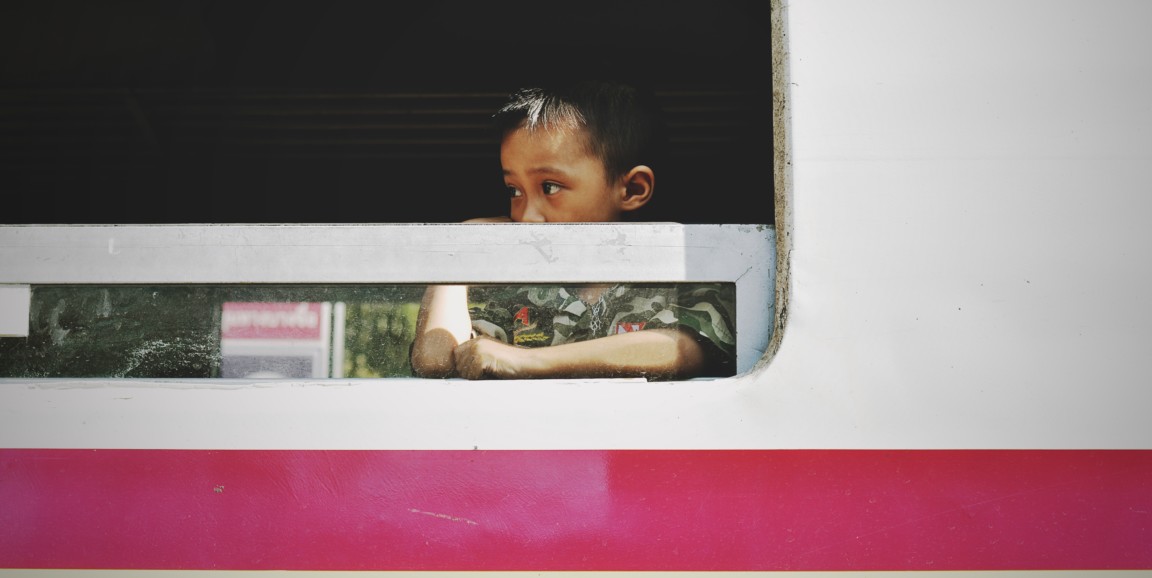As news coverage of the separation of migrant children from their parents at the southern U.S. border has unfolded in recent weeks, one aspect of the story that hasn't received much attention is what brain science tells us about the likely effects of family separation on these kids.
To try to understand this, I spoke with pediatric trauma expert Victor Carrion, MD, for a Q&A piece now published on the blog of Lucile Packard Children's Hospital Stanford. Carrion leads Stanford's Early Life Stress and Pediatric Anxiety Program and studies how trauma affects children's emotional and neurological development.
Although an executive order signed by the president yesterday aims to end family separation, it leaves a lot of uncertainty about how migrant children will be treated, particularly those who have already been taken from their parents.
Carrion is very concerned about how these 2,300 children who have been separated from their families at the border will fare in the long run, because, as he explained to me, childhood trauma has extremely serious effects on the brain:
Having a young, vulnerable brain that is still developing puts you at a disadvantage when something traumatic occurs. The hormones secreted in response to stress alter brain structure and brain function.
When we are under stress, we secrete a hormone called cortisol. When a stressor persists for a long period, high cortisol can become toxic to developing brain cells. It particularly affects cells with more glucocorticoid receptors. The areas of the brain that are strongly affected include the prefrontal cortex, the limbic system and the frontal-limbic connections that attach emotional to cognitive life. These brain regions are where you store memories, where memories get retrieved.
We believe brain changes in response to high cortisol are responsible for the anxiety, depression and post-traumatic stress disorder that we see in survivors of abuse and trauma.
Carrion also explained why being taken from his or her caregivers is the most stressful thing a young child can experience, and gave advice about how parents watching the news can discuss it with their own children.
Photo by Duangphorn Wiriya




